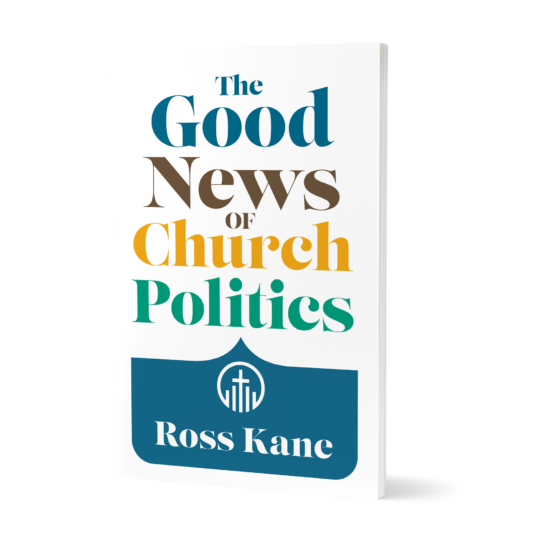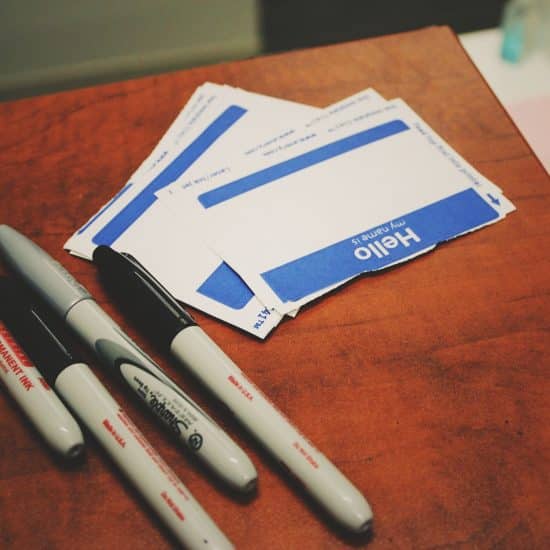Safety is a key concern for congregations today. No longer can members assume the building is a safe haven. Leaders must work to ensure that everyone who enters the church facility is as safe as possible — making sure that everything inside and out is in excellent physical condition and doing background checks on ministers and volunteers.
As church planting efforts burgeon and congregations look for new ways to reach their communities, opportunities for ministry outside the building grow. While leaders often are aware of safety issues at church, the same concerns must be examined outside the facility as well.
Suppose XYZ Baptist Church sees a need for a new work across town and decides to start a Bible study in a home in that area. The hope is that the study would develop into a church. Who bears the liability if something happens in that home?
Now suppose that several believers from a couple of Baptist churches in town see the need for that new work. They aren’t under a specific church, but have the blessing of and a little financial support from each congregation. They start a Bible study in a home in the target area. Now who bears the liability?
In the first instance, likely XYZ Baptist Church’s liability policy would at least partly cover any problems because the group is acting on behalf of or under the auspices of that specific congregation. But no single church is sponsoring the outreach in the second scenario.
The homeowner’s policy might cover whatever arises in both cases. But insurance agents Becky Moyer, a church insurance specialist for GuideOne, and Jim Slota of St. Louis-based Bowersox Insurance Co., recommend property owners consult their personal agents to make certain before starting the study.
Some insurance companies might consider a Bible study to be a “business pursuit,” which would require different coverage or an endorsement to the homeowner’s policy, Slota said. In some cases, the homeowner’s policy might differentiate between “primary” and other home activities, Moyer said.
When Bible study members decide their group needs a larger facility and rents space, they need to provide insurance. Again, if the group is an extension of a church, most likely the needed insurance would be available under the congregation’s umbrella. The group leader would need to check to see if the church’s general liability policy includes coverage for damage to, theft from or accidents in rented premises.
An unsponsored Bible study group might need to purchase a contents and liability policy. Leaders should discuss the issue with the property owner — public or private school, office building or storefront — and with an insurance agent.
When the study group chooses to become a full-fledged church, members should check with the agent again to find out what additional coverage might be needed even if they remain in the rented facility.
Hosting community activities is a great way for congregations to connect with their neighborhoods. Again, leaders must be aware of the safety risks and ways in which to minimize and manage those before hosting an event away from the church campus.
Many church liability policies extend to events sponsored elsewhere, but may be limited to coverage for negligence. In other words, a claimant would have to prove an accident occurred because of lack of supervision, Moyer explained.
The property owner at the location often will request a certificate of insurance that names the owner as an additional insured. The owner still would bear some liability, particularly if a defect or dangerous condition existed on the property.
Congregations should consult their agents before hosting events off-site, and then should examine the premises before the activity.
Put as many safeguards in place as possible. For example, GuideOne suggests simple safety provisions when using a tent or similar structure to house an event. Make sure the stakes and ropes that secure the tent are clearly marked so that people do not fall over them. Something as simple as setting off stakes with orange cones or painting ropes and stakes in bright colors would work.
Hire professionals to set up bounce houses or other mechanical devices to ensure safety.
While walking across the property, examine the ground for holes or other obstacles. Work with the property owner to fill or cover depressions and holes or to remove unnecessary or dangerous items.
Provide safety options if using animals. For example, provide adequate space and walkers if the church offers pony rides at an event.
Churches also must provide for adequate supervision. Normally, congregations run background checks on individuals who minister to children. If the planned activity is designed primarily for children, churches might consider running checks on all volunteers who will help.
Three insurance carriers — Brotherhood Mutual (brotherhoodmutual.com), GuideOne (guideone.com) and Church Mutual (churchmutual.com) — specialize in church insurance. All provide some safety information on their websites.






